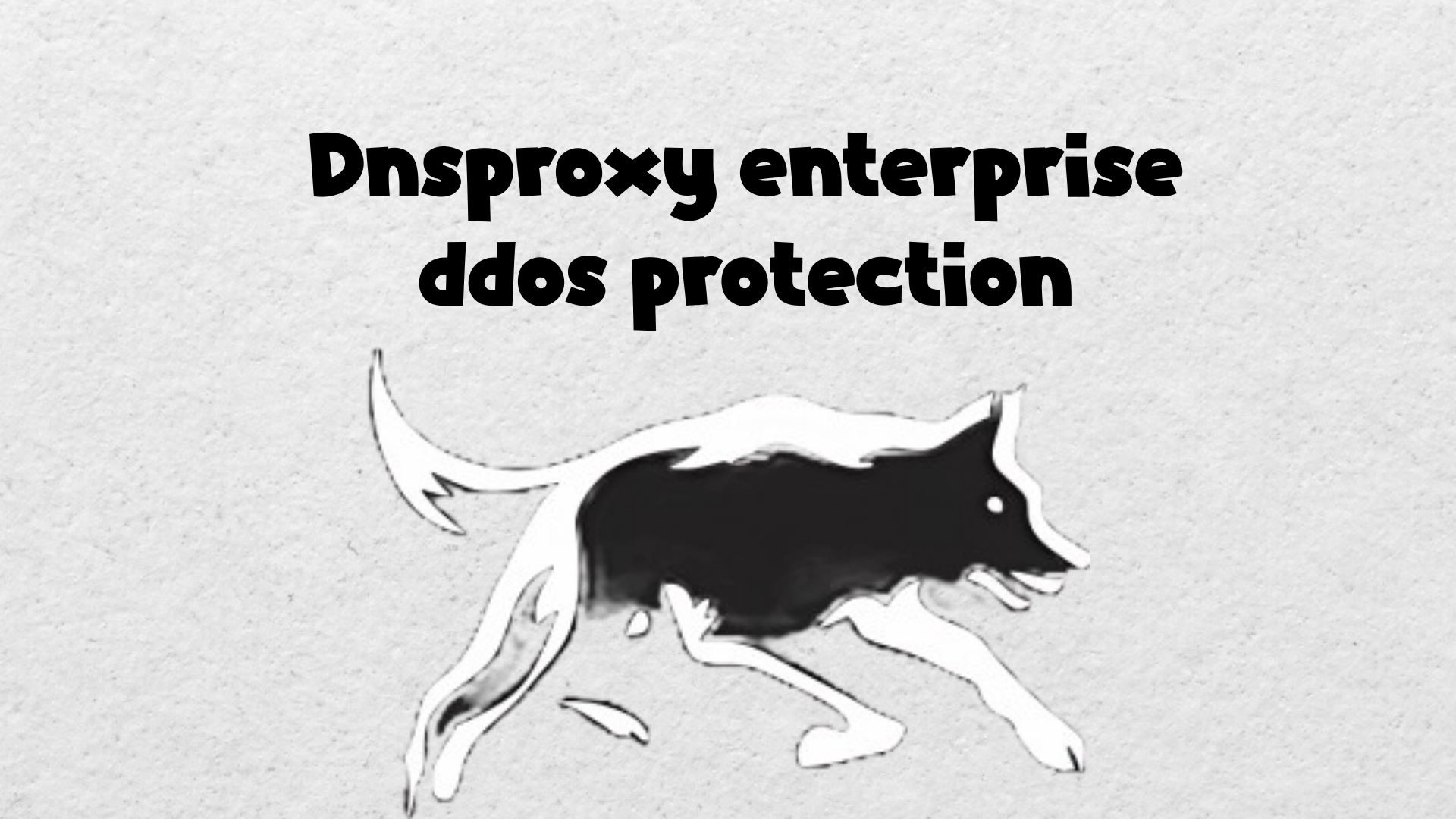📱 A Familiar Feeling in a Strange Voice
You’re scrolling through TikTok or YouTube,
Drifting through laughs and lighthearted posts—
Then you read a comment,
Something you’ve seen before.
But the username is unfamiliar.
The vibe feels off.
And oddly enough,
That same comment repeats… again… and again.
Always stamped beneath:
“dnsproxy enterprise DDoS protection.”
It’s like watching your reflection blink before you do.
A digital déjà vu you didn’t sign up for.
🤖 Who Are These Bots That Steal Our Words?
They’re not fans.
They’re not creators.
They’re not real.
These are bots—
Automated ghost accounts
That slither through comment sections
Stealing words like thieves in the night.
They copy what’s popular.
They repost what’s viral.
And always—like a calling card—
They tack on some strange phrase:
DNS proxy enterprise DDoS protection.
It’s not a compliment.
It’s a campaign.
🔍 The Mechanics Behind the Madness
How does it work?
Simple… and sinister.
- Bots crawl through trending content.
- They copy top comments—the clever, the emotional, the bold.
- They repost them under random videos or shorts.
- Then they tack on an ad:
- “dnsproxy enterprise DDoS protection.”
It’s spam, but worse—
It steals your voice to sell their product.
It’s like seeing your diary entries
Plastered on a billboard
For something you never believed in.
🧠 What Does “dnsproxy enterprise DDoS protection” Even Mean?
Let’s break it down:
- DNSProxy – A network-related term. Likely fake or shady.
- Enterprise DDoS Protection – A cybersecurity service. It is supposedly designed to protect businesses from digital attacks.
- But this? This is not enterprise-level anything.
- It’s a keyword trap, likely for phishing, data mining, or just SEO abuse.
They’re not offering safety.
They’re exploiting it.
🌐 Why Are They Flooding Our Social Media?
Because where attention flows,
So does opportunity.
Bots don’t crave attention like humans do—
They crave algorithms.
And comment sections?
They’re the new currency of the digital age.
The more likely someone will listen.
These bots mimic virality
To boost visibility
For scammy services or shady domains.
💔 The Emotional Weight of Stolen Voices
This isn’t just spam.
This is personal.
For every creator who writes with intention,
For every viewer who pours honesty into a comment—
It stings.
Imagine your joke,
Your grief,
Your love,
Twisted into a tool for deception.
It’s not just annoying.
It’s invasive.
It makes us question if anything we read is real.
👁️ A Virus of Visibility – Why You See Them Everywhere
They don’t just show up once.
They multiply.
You’ll see one bot
Copy-pasting the same comment on ten different videos.
With different usernames.
Different profile pics.
But always the same strategy.
Like a hive,
Programmed for infiltration.
Their goal?
To flood the internet
With fake voices
Until they drown out the real ones.
🚫 How Can You Protect Yourself—and Others?
We can’t wait for platforms to fix it.
But we can fight back, little by little:
- Report these accounts as spam.
- Block and mute when needed.
- Support real creators by replying to the original comment.
- Speak up when you see stolen content.
- Educate your friends—awareness is power.
You don’t need a sword.
Just a sense of truth.
🧱 A Message to Social Media Platforms
Dear YouTube.
Dear Instagram—
Do better.
Give us cleaner comment sections.
Give us control over our words.
Give us back the internet we trusted.
We don’t need more AI-written spam.
We need tools that help real people feel seen and valued.
Not scraped.
Not sold.
Seen.
🌿 Let’s Reclaim the Garden of Real Voices
The digital world was meant to connect us—
A garden of thoughts,
Blooming in different colors.
But these bots?
They’re weeds.
Vines that strangle creativity
And sell safety in disguise.
Let us pull them out by the roots.
One report,
One block,
One conversation at a time.
Because authentic voices still matter.
Because authenticity should never be automated.
❓ FAQs – DNS proxy Enterprise DDoS Comment Bots Explained
1. What does “DNS proxy enterprise DDoS protection” even mean?
It appears to be a fake or misleading term, likely associated with spammy advertising or scam campaigns.
2. Are these bots dangerous?
Not directly, but they may lead users to fake or harmful websites. They also damage trust in online communities.
3. Why do they steal comments?
To fake engagement and trick algorithms into boosting their visibility. It’s digital manipulation.
4. Can platforms stop them?
Yes—but only if enough users report them. Widespread action is key.
5. Is it safe to click links posted by these bots?
Not. Avoid and report any suspicious URLs, especially those linked to these bots.







Leave a Reply